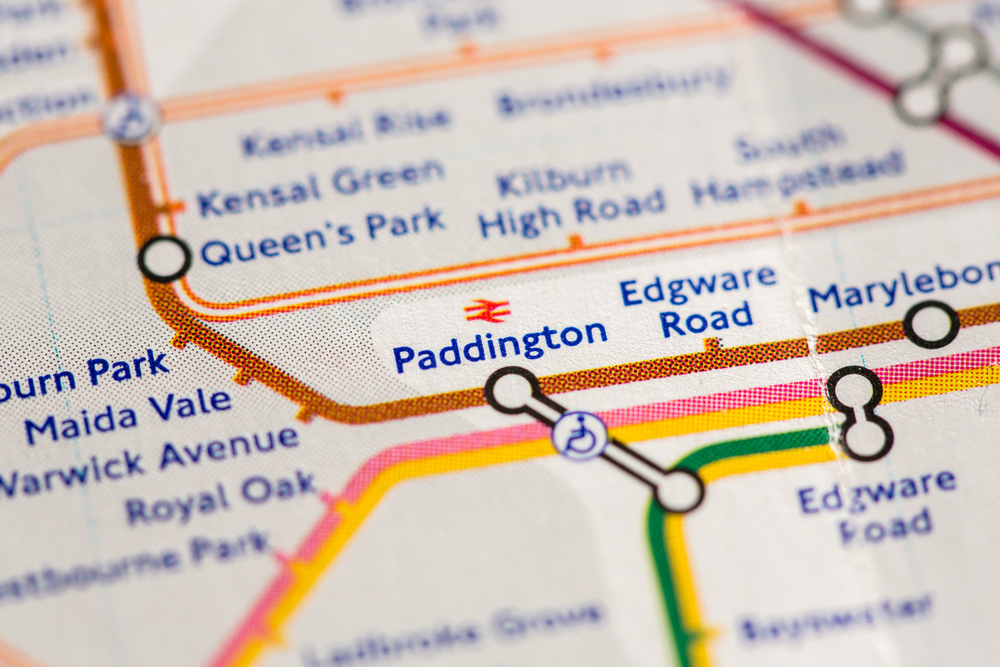Household Bills
Massive train, tube and bus fare hike for Londoners

Fares on Transport for London (TfL) services in the capital will rise by an average of 4.8% from 1 March 2022 – but some travellers will see fare increases of more than 11%.
People travelling around London face the biggest fare increase in a decade, with Mayor of London Sadiq Khan blaming the government for not funding the transport network properly.
From 1 March fares on TfL services will rise by the retail price index measure of inflation plus 1%, which equates to 4.8%.
However, some individual tube fares will increase by more than that amount owing to rules stating that increases can only be made in 10p increments.
Khan said the price hike was necessary to help TfL “reach financial sustainability” by April 2023 in line with the long-term objective of the funding agreements.
How much will fares go up by?
Tube pay-as-you-go fares within Zone 1 will increase by 10p. Single fares will increase by between 10p to 30p across the rest of the Underground network.
Single bus and tram, and ‘Hopper’ (allowing unlimited journeys within an hour), fares will increase by 10p to £1.65, an increase of almost 6.5%. A seven-day bus and tram pass will increase by 6.4% from £21.90 to £23.30.
The daily cap on bus and tram fares will increase by 30p to £4.95, while the 16+ daily cap on bus and tram fares will increase by 15p to £2.40.
The daily cap on multiple pay-as-you-go Tube journeys will rise 3.8%.
Individual journey costs are going up too. How much they will rise by depends on the zone and whether the travel is peak or off-peak. For example, a single pay-as-you-go fare on TfL train services will go up from £4 to £4.30 if you’re travelling from Zone 4, a 7.5% hike.
A peak fare from Zone 2, excluding Zone 1, will increase from £1.80 to £2, a 11.1% increase. Paper tickets will increase by between 30p and 80p
This is only the second time that TfL controlled fares have increased since 2016, after Khan froze fares between 2016 and 2021. In the eight years prior to 2016, when Boris Johnson was Mayor of London, TfL fares increased regularly and ultimately surged by more than 42%.
All current concessions, including free travel for young people under the age of 18 and discounts for students, apprentices and those on certain benefits remain in place.
‘Forced into this position’
Khan said: “Public transport should be affordable to all, and I’ve taken bold action to ensure this since I became Mayor by introducing the unlimited Hopper bus fare and freezing all TfL fares from 2016-2021 – saving the average London household over £200.
“Since TfL’s finances were decimated by the pandemic, the government has set strict conditions as part of the emergency funding deals to keep essential transport services running in London. We have been forced into this position by the government and the way it continues to refuse to properly fund TfL, but I have done everything in my power to keep fares as affordable as possible.”
Shashi Verma, director of strategy at TfL, said: “This fares package aims to keep fares as affordable as possible while still ensuring TfL can continue to run clean, green and safe services and support London’s continued economic recovery.
“Through daily and weekly capping, as well as the Hopper fare and our wide range of concessions, passengers can continue to get the best value fare by using pay as you go with contactless and Oyster.”